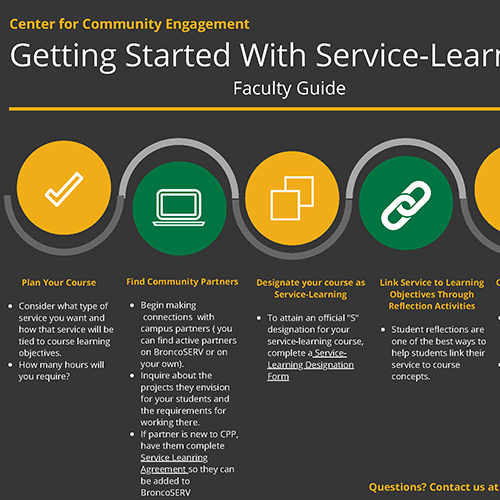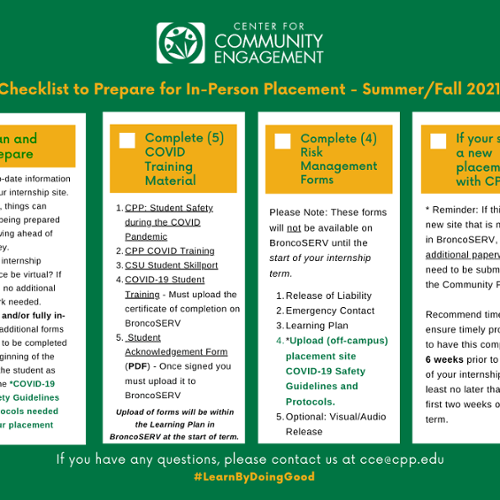Community-Engaged Learning and Service-Learning
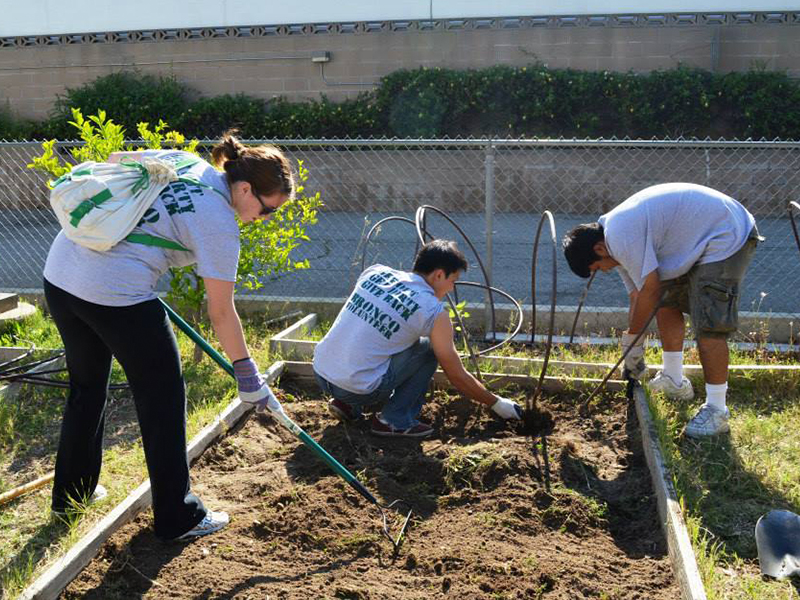
Call to Action
Service-learning is an academic course where a service project or service experience is part of the overall grade. In the spirit of learning-by-doing, Cal Poly Pomona faculty, staff and students actively support and engage in service-learning activities that build meaningful and sustainable community partnerships.
What is service-learning?
- Service-learning is a pedagogy that provides students with structured opportunities to learn, develop and reflect through active participation and thoughtfully organized community involvement.
- It enhances the academic experience of students by relating academic content and course objectives to issues in the community.
- Service-learning integrates assessment and student reflection on the interrelationships between course content and community-based learning activities.
- Conducted in the community, it meets the needs of the students, faculty and community partners and fosters civic competence and engagement.
How do faculty benefit from service-learning?
- Integrates teaching and research to generate scholarship on teaching (teacher-scholar).
- Creates an environment to engage and motivate students.
- Promotes demonstrated knowledge of academic material and applications.
- Fosters faculty awareness and community involvement.
What is the official service-learning policy of Cal Poly Pomona?
- The CSU now has a CSU-wide policy that Cal Poly Pomona will follow. The official policy can be found here.
Interested in creating or revising a service-learning course?
- For assistance with creating or revising a service-learning course, please email cce@cpp.edu or call (909) 869-4269.
Looking for a community partner to collaborate with?
- For a listing of official community partners, please visit the BroncoSERV page.
- For assistance with selecting a new community partner for your course, please email cce@cpp.edu.
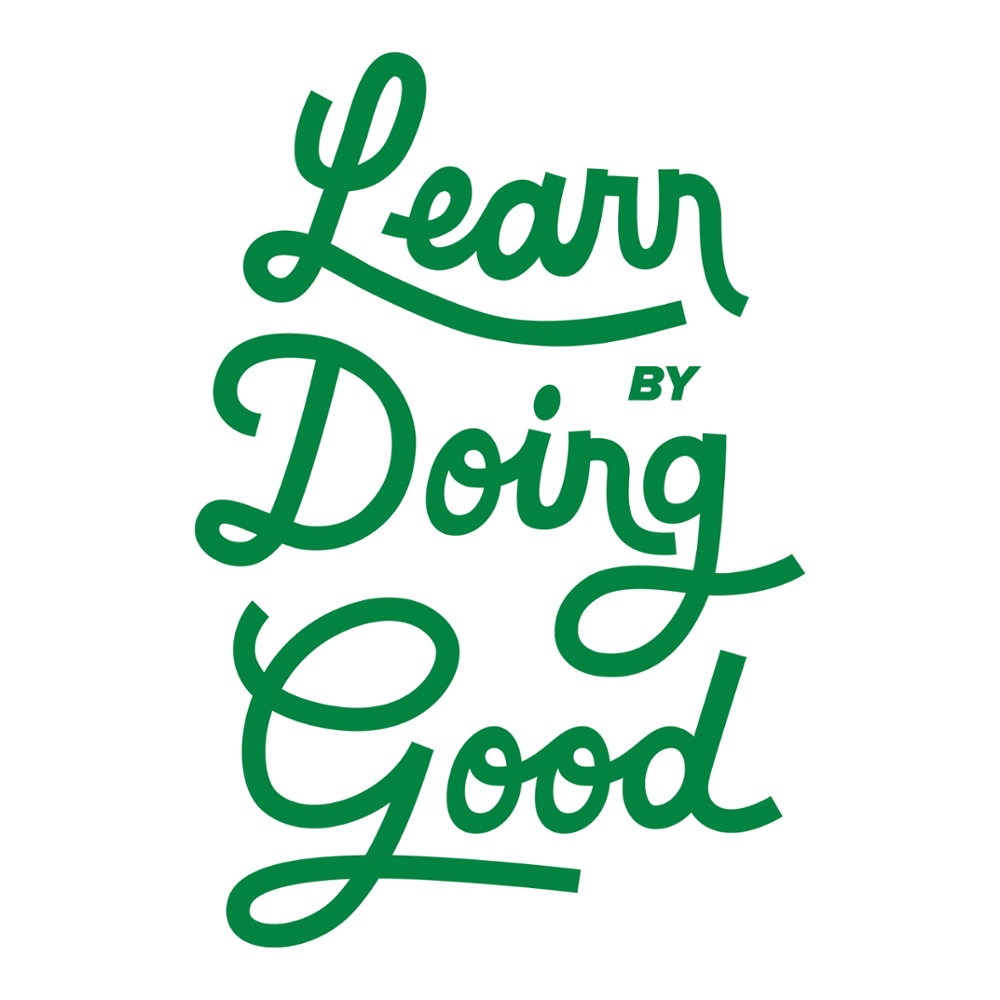
Service-Learning/CEL Faculty Fellows Program
Applications for the 2026-2027 Service-Learning Faculty Fellows Program will open in the spring semester. This training and implementation program is designed to assist faculty with integrating service-learning into a new course or integrate service-learning into a course that has not previously received S-designation. Learn more via CCE’s Funding Opportunities.2025-2026 Service-Learning/CEL Faculty Fellows

Dr. Rachel Baumsteiger, Psychology
Dr. Rachel Baumsteiger is an Assistant Professor of Psychology at Cal Poly Pomona. Dr. Baumsteiger was training in positive developmental psychology with a special focus on understanding and promoting prosocial behavior and psychological well-being, especially among adolescents and adults. Dr. Baumsteiger teaches courses related to positive psychology, positive psychology, moral psychology, and research methods in psychology.
Professor Paul Daniel Knopf, Ethnic Studies
Paul Daniel Knopf is the current coordinator for the Cal Poly Pomona Teacher Academy and a lecturer in the Ethnic Studies department. He has been a public school teacher since 1996 and started the first service-learning program for the Pomona School District, serving as the coordinator from 2006 to 2019. He served in both the United States Navy and Army reserves. Mr. Knopf also began a non-profit organization called “Impact Earth” that currently works on promoting positive stories to inspire change.Service-Learning In-Person Placement Guidelines
- Watch the recorded video of the Community-Engaged Learning Workshop on May 7, 2021, highlighting COVID-19 guidelines for in-person placements.
- COVID-19 Experiental Learning Summer 2021/Fall2021 Guidelines in Accordance with EO #88315133.
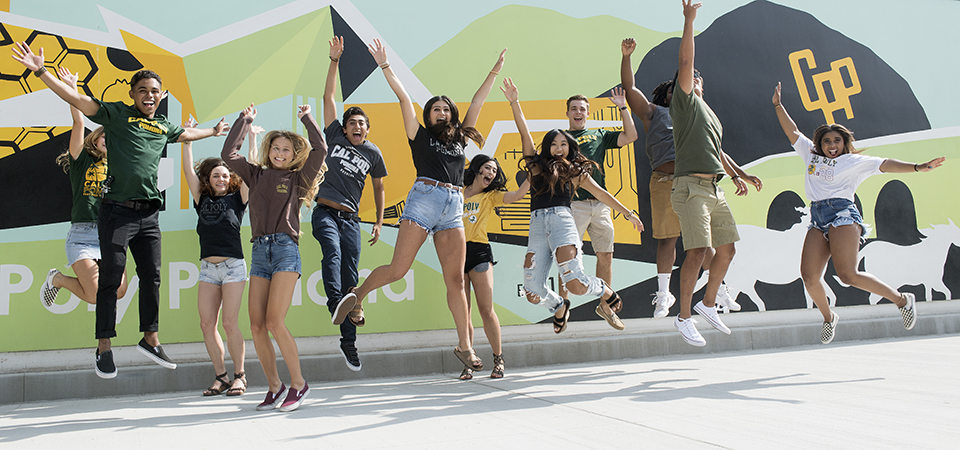
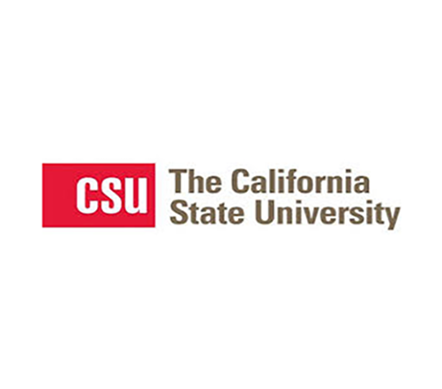
CSU-CEL New Taxonomy
The Chancellor's Office Center for Community Engagement (COCCE) is aligning an understanding of community engagement across the system. The COCCE uses community-engaged learning (CEL)* as the umbrella term to identify a broad array of courses in which community engagement is embedded. This definition is the foundation for a larger data collection effort around these student learning experiences.
The CEL Tool allows the CSU to capture meaningful data across the system to better support faculty and work towards appropriate recognition for this work. It also offers insight into curriculum design that may help shape and improve student learning.
